Confessions of a Nazi Spy (1939) Anatole Litvak
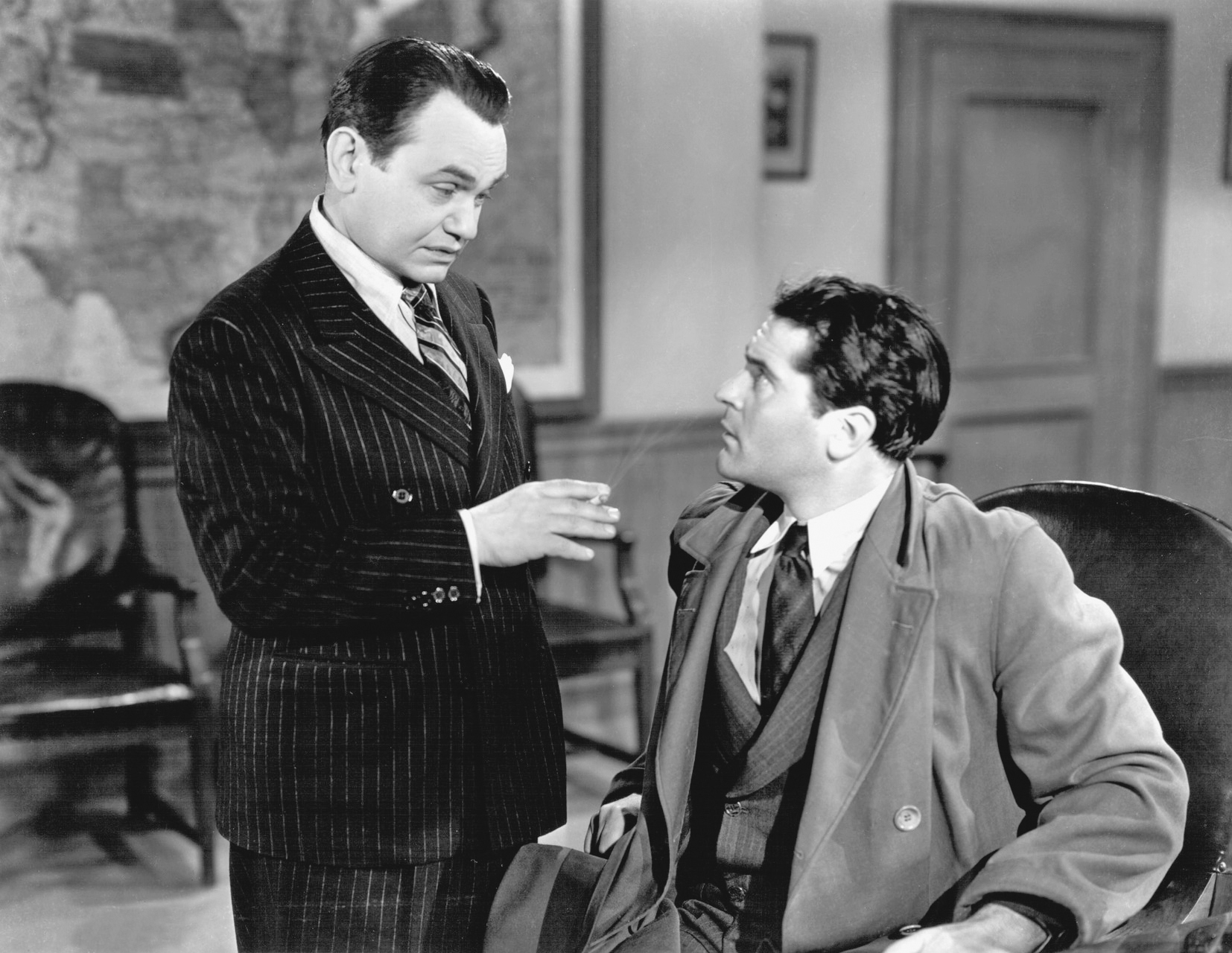
In the tumultuous year of 1939, against the backdrop of escalating tensions in Europe and the specter of World War II looming large, “Confessions of a Nazi Spy” made its mark as a groundbreaking film. Directed by Anatole Litvak and starring Edward G. Robinson, George Sanders, and Paul Lukas, the movie emerged as a bold exploration of espionage, ideological conflict, and the fight against tyranny.
The plot of “Confessions of a Nazi Spy” unfolds during a time when Nazi Germany’s influence was spreading insidiously across the globe. Edward G. Robinson portrays FBI agent Edward Renard, who becomes embroiled in a relentless pursuit of Nazi spies operating within the United States. George Sanders and Paul Lukas deliver compelling performances as members of the espionage network, showcasing the complexity of allegiance and moral ambiguity in times of global crisis.
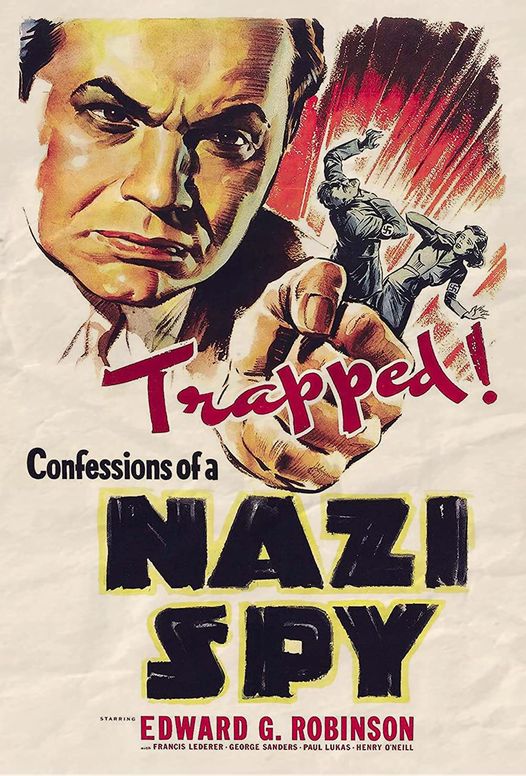
The film’s narrative is driven by a series of tense confrontations and covert operations as Renard and his team work tirelessly to uncover and dismantle the Nazi spy ring. Their efforts are met with resistance, betrayal, and the daunting realization that the enemy’s reach extends far beyond geographical borders.
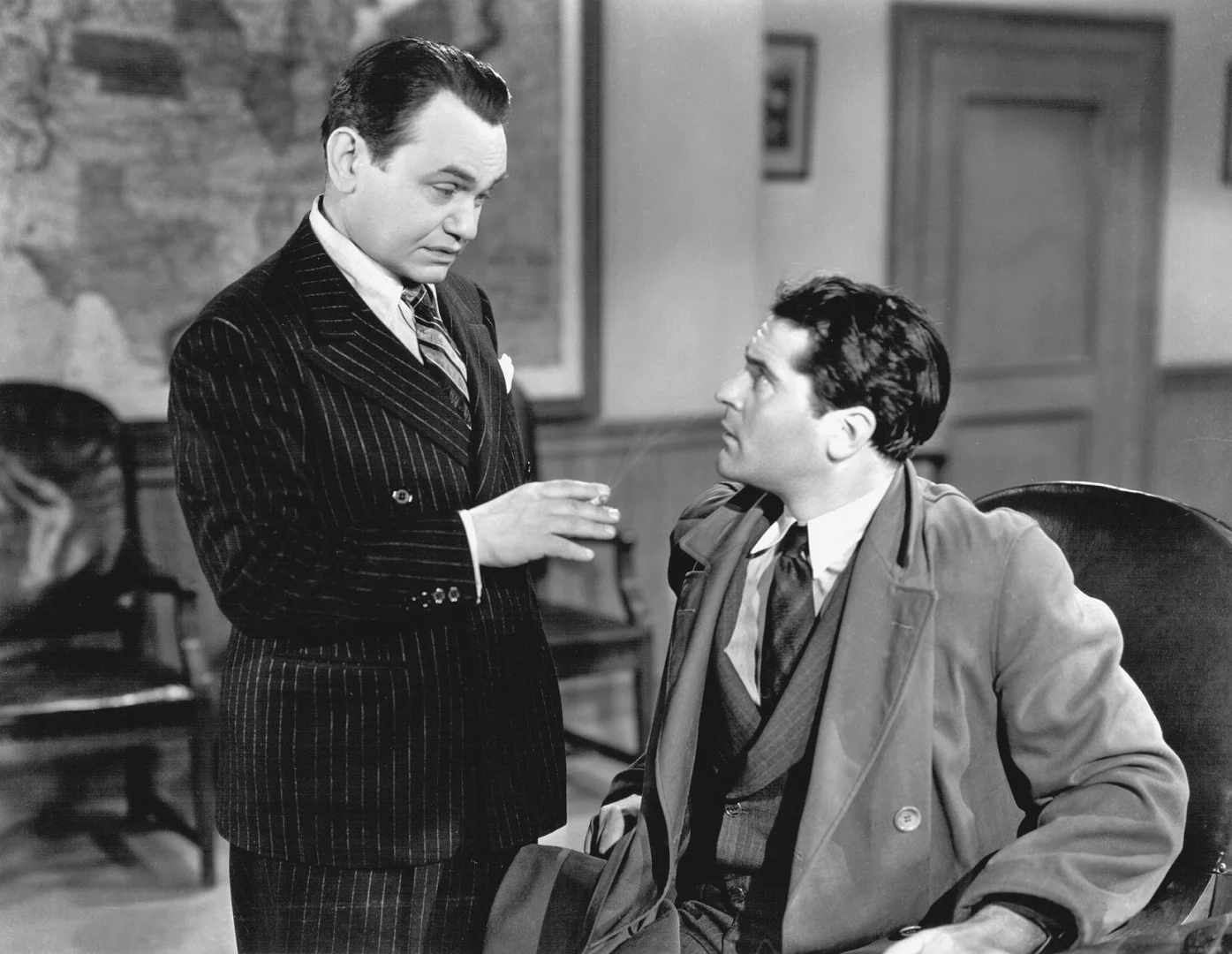
Edward G. Robinson’s portrayal of Agent Renard is a testament to his versatility as an actor, balancing toughness with moments of vulnerability as he confronts the chilling reality of Nazi infiltration on American soil. George Sanders and Paul Lukas bring depth and nuance to their roles, portraying the insidious nature of Nazi ideology and the personal dilemmas faced by those caught in its web.
Director Anatole Litvak’s deft direction brings to life the palpable tension and moral dilemmas faced by characters navigating the treacherous waters of espionage and loyalty. The film’s stark black-and-white cinematography and moody atmosphere underscore the gravity of the subject matter, immersing viewers in a world where trust is a commodity and betrayal lurks around every corner.
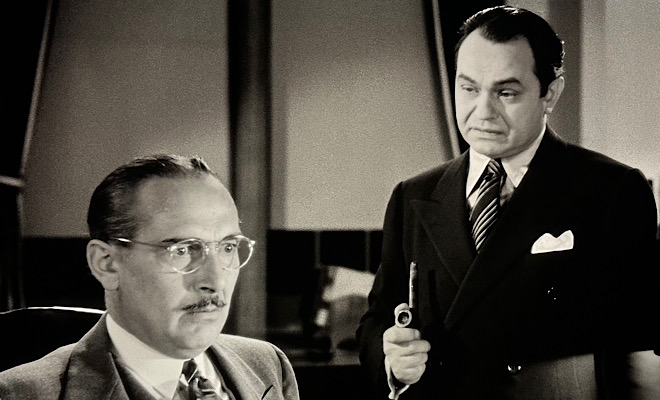
“Confessions of a Nazi Spy” is more than a suspenseful thriller; it serves as a powerful allegory for the global struggle against fascism and the courageous efforts of individuals who risked everything to defend democracy and freedom. In an era marked by political uncertainty and the rise of totalitarian regimes, the film resonated with audiences as a call to vigilance and unity against tyranny.
Released in 1939, “Confessions of a Nazi Spy” garnered critical acclaim for its bold depiction of geopolitical tensions and the moral imperatives of justice and resistance. The film’s release coincided with a pivotal moment in world history, as nations grappled with the growing threat of Nazi aggression and the looming specter of war.
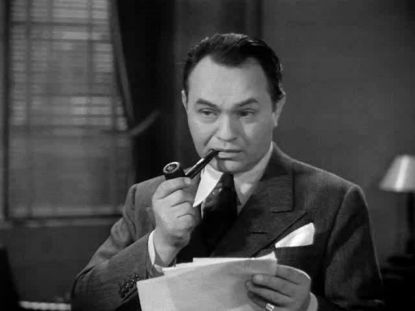
Beyond its immediate impact, “Confessions of a Nazi Spy” contributed to a broader cultural and political discourse, highlighting the dangers of complacency in the face of authoritarianism and the imperative of defending democratic values. The film’s legacy endures as a testament to the power of cinema to provoke thought, inspire action, and illuminate the complexities of human nature in times of crisis.
In conclusion, “Confessions of a Nazi Spy,” starring Edward G. Robinson, George Sanders, and Paul Lukas, remains a seminal work in cinematic history that continues to resonate with its timely exploration of espionage, ideological conflict, and the struggle for freedom. Released in 1939, the film stands as a testament to the courage of those who dared to expose and confront tyranny, reminding audiences of the enduring importance of vigilance and integrity in the face of oppression.